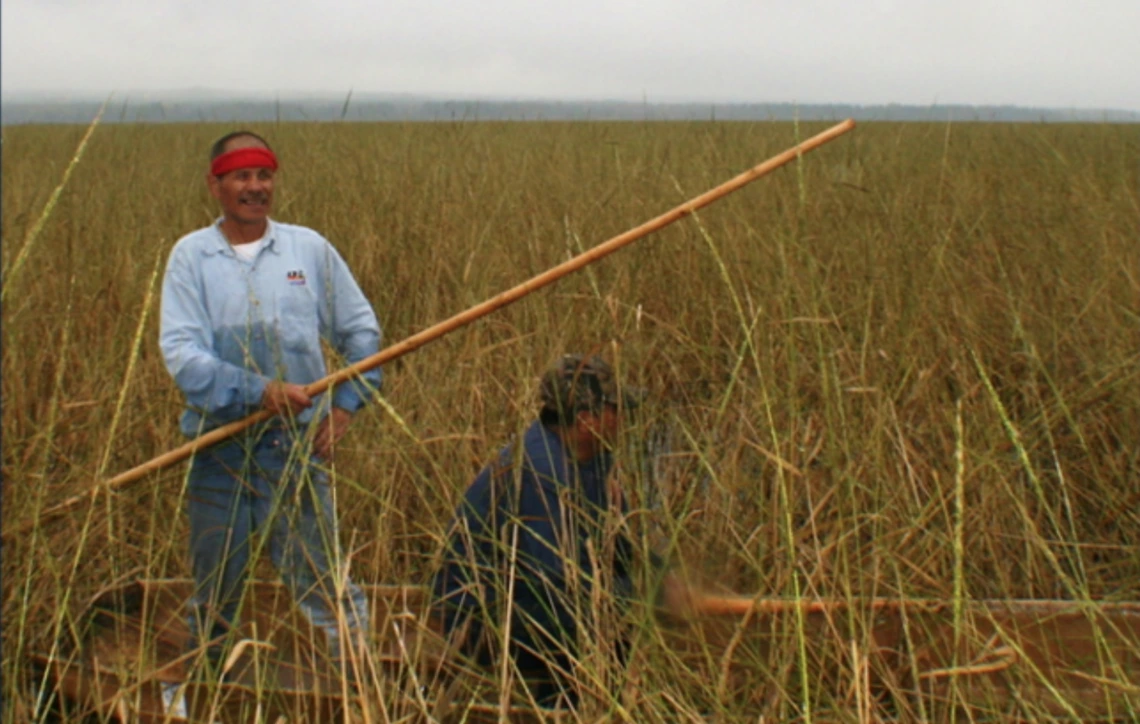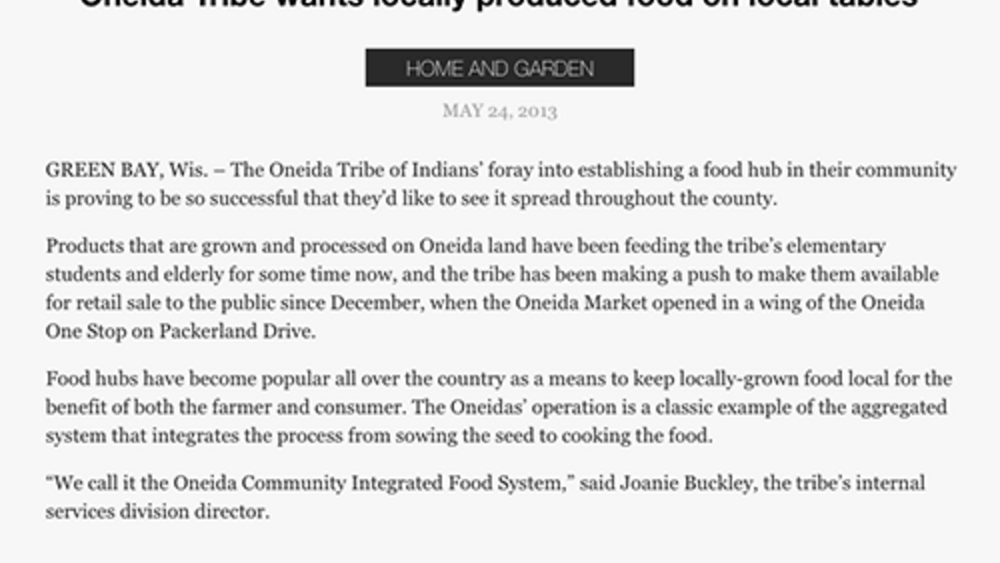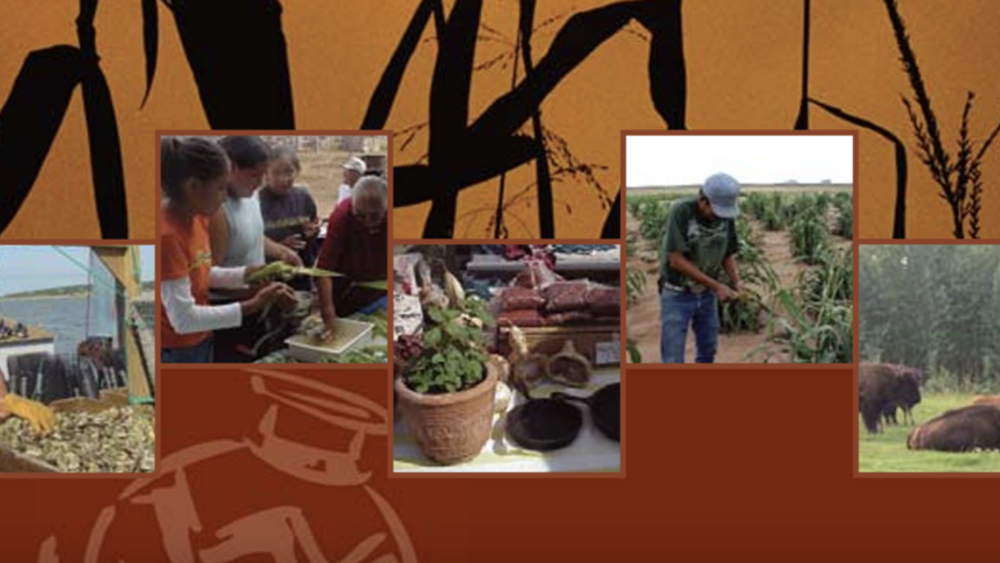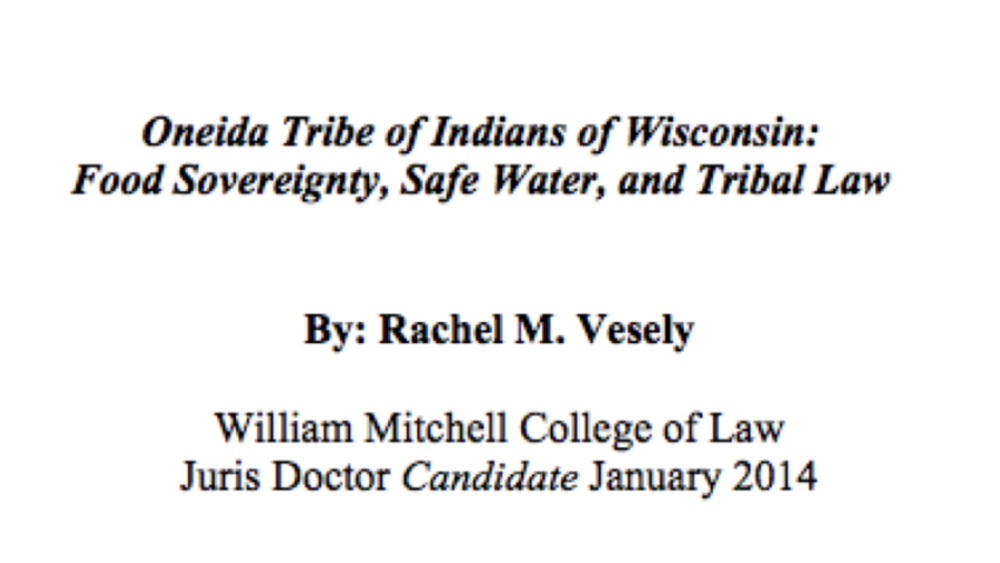In recent decades, there has been a movement toward rectifying injustices and developing collaborations between Indigenous communities and mainstream researchers to address environmental challenges that are of concern to Indigenous Peoples. This movement, primarily driven by Indigenous community leaders and scholars, emphasizes community-driven research that addresses Indigenous People’s interests, foregrounds Indigenous Knowledge systems, and both respects and asserts Indigenous sovereignty. This article describes a nascent model in the movement—the Indigenous Foods Knowledges Network (IFKN)—designed to connect Indigenous communities and scholars across the Arctic and the U.S. Southwest. IFKN’s goal is to foster a network of Indigenous leaders, citizens, and scholars who are focused on research and community capacity related to food sovereignty and resilience. IFKN members collectively work to promote and carry out research that (1) utilizes Indigenous research processes, (2) embraces and respects Indigenous Knowledge systems, and (3) supports Indigenous communities (IFKN, 2018). The authors discuss relational accountability and centering of story, which form the foundation for the methodological approaches and work of IFKN.
Additional Information
Jäger, M. B., Ferguson, D., Huntington, O., Johnson, M., Johnson, N., Juan, A., Larson, S., Pulsifer, P., Reader, T., Strawhacker, C., Walker, A., Whiting, D., Wilson, J., Yazzie, J., Carroll, S., & Foods Knowledges Network, I. (2019). Building an Indigenous Foods Knowledges Network Through Relational Accountability. Journal of Agriculture, Food Systems, and Community Development, 9(B), 1-7. https://doi.org/10.5304/jafscd.2019.09B.005




